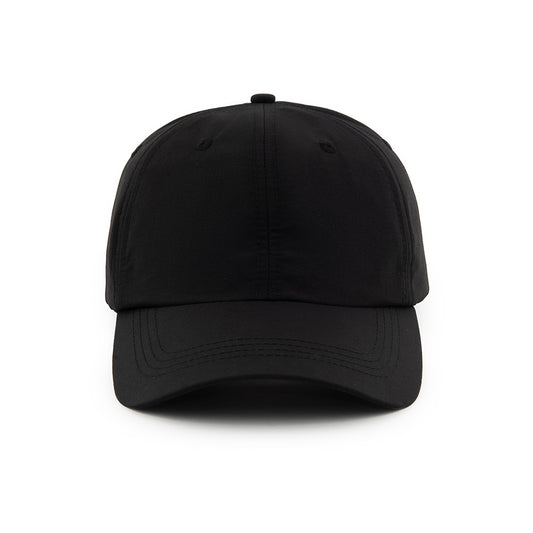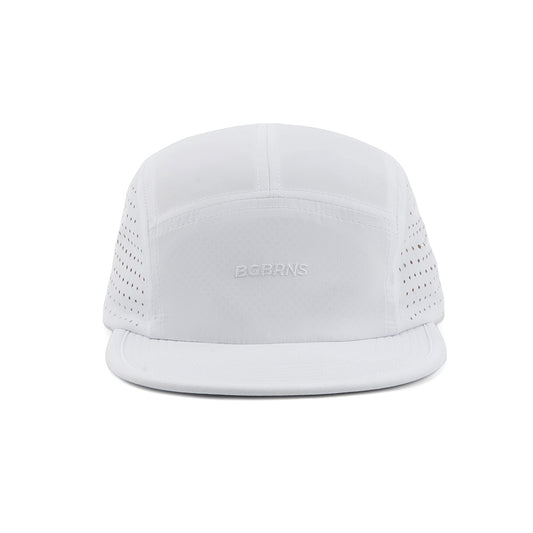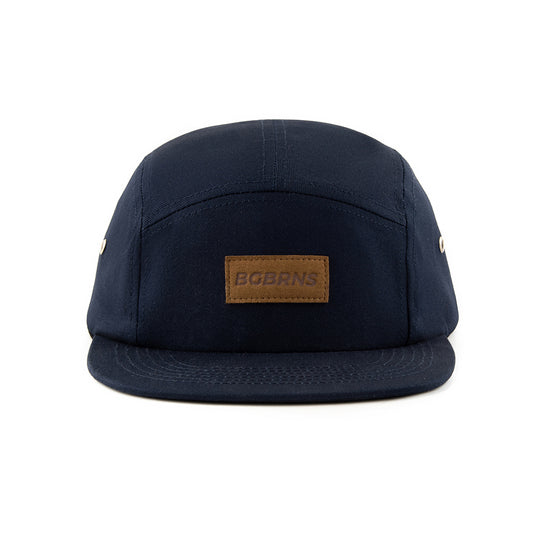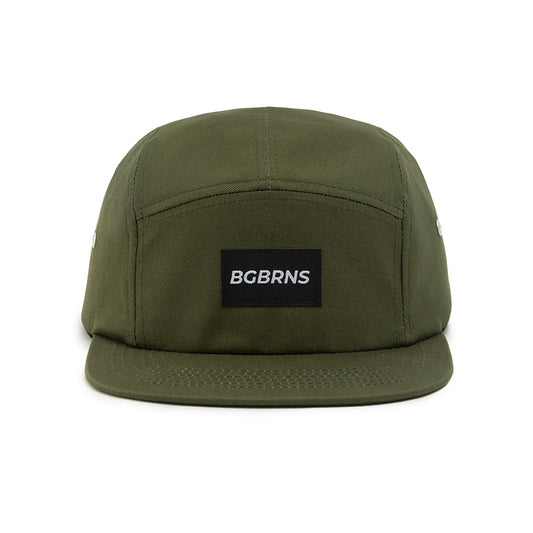Sustainable eCommerce shipping with grass paper
Anyone who shops a lot online knows the problem: the shipping boxes pile up in the waste paper. At the end of 2019, a request from the Greens in the Bundestag revealed that no other of the 20 most important industrial and emerging countries (G20) has a higher paper consumption than Germany.
But what can be done to reduce these mountains of rubbish?
In general, paper is easier to biodegrade than plastic. While a simple Plastic packaging is sometimes preserved for several hundred years, while paper decomposes within a few weeks.
The advantages of plastic over paper have so far been the material properties (robust, smooth, suitable for food, etc.) and the significantly lower energy and water consumption in the production of the packaging.
Advantages of grass paper:
At BigBrains Co., we only use grass paper shipping boxes and try to minimize other packaging waste. Our shipping boxes are made from 40% grass paper and 60% recycled paper.
Grass paper or grass is a significantly faster renewable raw material as wood. To put it simply, during production, hay is cleaned, cut into fibers and ground, thereby separating the fibers. It is a purely mechanical process without chemical treatment.
In addition, the grass paper portion has a lower water and energy consumption in manufacturing than traditional wood pulp cartons. In addition, grass is a raw material that grows almost everywhere. As a result, the material reduced CO2 emissions through virgin fiber pulp from regional meadows.
Disadvantages of grass paper:
Grass paper is currently only used in small quantities. This means that Grass paper is now sorted out by machines in the recycling process because the individual fibers are too large. Only when the quantities of grass paper used increase and a waste paper cycle similar to that of classic paper is created can the full advantages of the material be realized. Unless this is currently happening, grass paper will only be used once and will not be recycled.
Another disadvantage affects not so much us as customers and consumers, but rather the manufacturers of the boxes: Paper manufacturers have to be much more careful with grass paper Pollution and mold in the hay to avoid.
Lastly, grass paper has one too greenish tint, by which you can recognize the boxes. This makes it more difficult to use the material for print media (flyers, magazines, posters, etc.). For our shipping boxes, however, the color tone is irrelevant.
Conclusion:
Today's solutions are not perfect. Grass paper only makes sense in the long term if it is recycled (just like conventional paper). We'll have to wait and see how this develops. We are convinced that grass paper can contribute to making eCommerce mail order more sustainable, provided this is implemented. Should we find a better alternative in the meantime, we are of course also open to it.
The most environmentally friendly way to reduce packaging waste is simply to use less packaging. This is something we will continue to work on.





